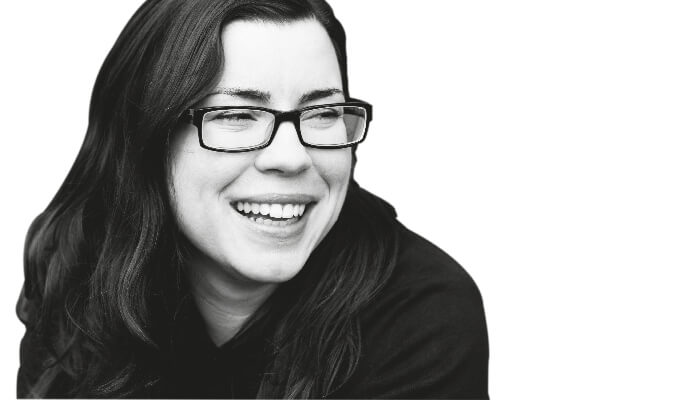There is a good chance you’ll be reading this issue at one of the many analytical events that fill early-summer calendars, from ASMS Atlanta to HPLC Milan.
In some ways, it’s surprising that conferences still hold such sway in scientific communities. After all, in today’s world, we’re only ever a click away from sharing information, seeking advice, or engaging in debate with colleagues all around the world. Are we mad to fly halfway across the globe, racking up financial and environmental costs along the way? Are conferences an outdated concept in the digital world? Will the future of science be hashed out in virtual meetups and social media chatter?
Judging by the buzzing sessions and bustling exhibition halls I see every year, I’m not convinced. I’m sure we’ve all questioned our choice to attend an event at some point (usually while contemplating some egregious example of convention center food or suffering the after-effects of working and playing hard). And yet, there is something so special about engaging with people face to face. The Internet has made us more connected than ever but, for most of us, a few minutes of real-life conversation can build more rapport than months of emails.

Conference-goers give a range of reasons for attending, but the overwhelming theme is connection – to meet friends and collaborators, to get feedback on their work, and to feel part of a wider community. I certainly come away from an interesting event fizzing with ideas and inspiration.
Perhaps the world will change as Generation Z comes of age; as true digital natives, they may choose new ways of connecting. But I have a hunch that modern technology will struggle to supplant the instinctive emotional pull of a face-to-face conversation.
At the same time, conferences cannot ignore how science and its communication are changing. The days of sitting in a darkened room watching a series of lengthy talks are already fading, with organizers increasingly embracing networking, social media, and discussion to stay relevant in the digital age.
For The Analytical Scientist team, the conference calendar plays the essential role of directly connecting us to our readers and partners for feedback and further collaboration – while allowing us to keep our finger firmly on the pulse of the analytical community. And so, we look forward to meeting as many of you as we can this summer for some real face time.




